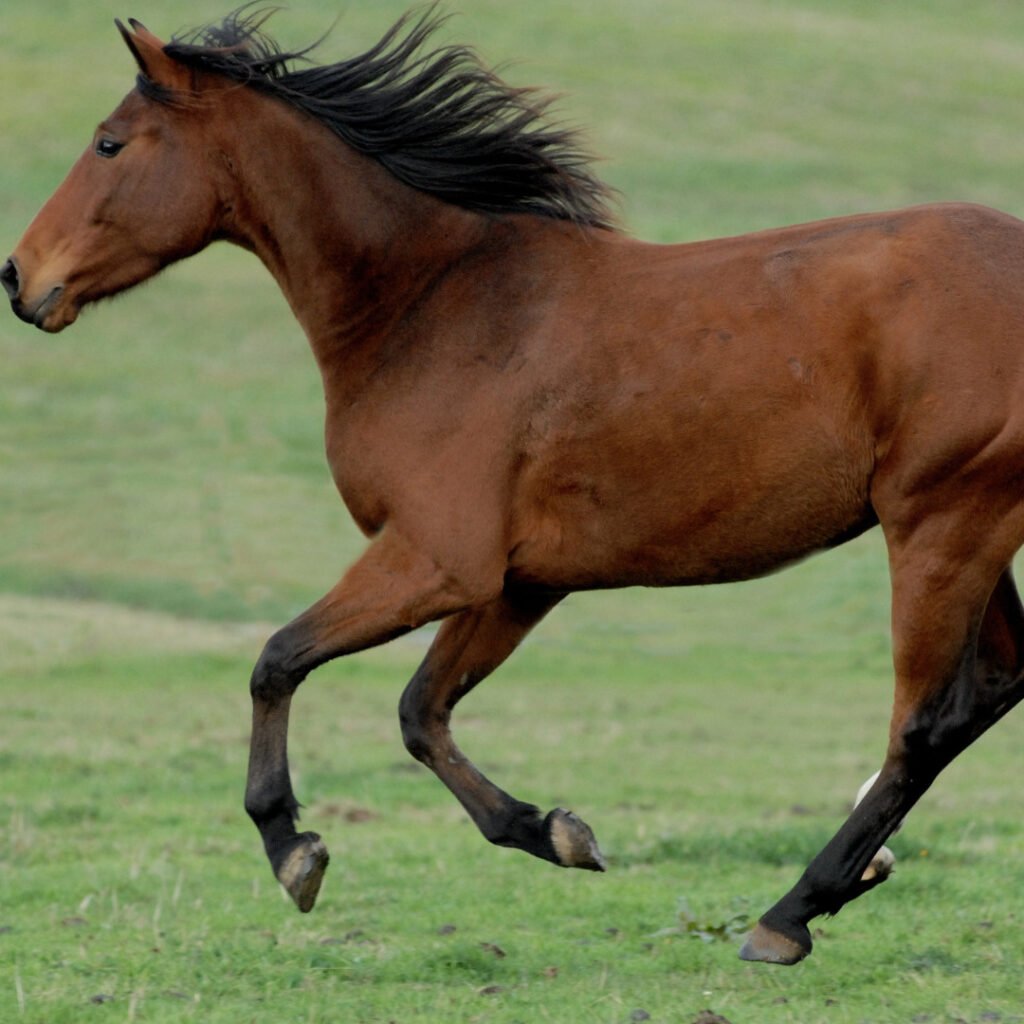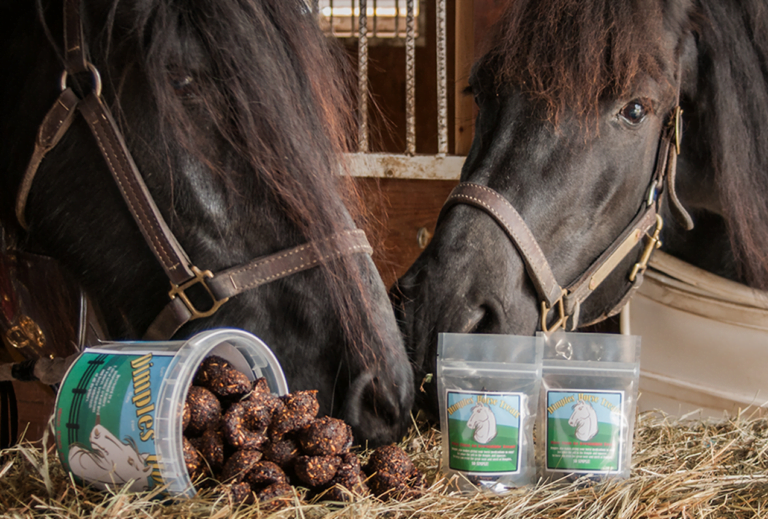
How Age Affects Your Horse
Age affects our horses on several fronts. The senior years challenge all body systems. Age affects each body system differently.
The muscles and joints of the body are likely the first systems we expect to deteriorate with age. Consequently, over time, muscles weaken and can atrophy. Moreover, joint issues result in lameness, swelling, and pain.
If a horse suffers from heaves (horse asthma) throughout its lifetime, it will worsen with age. The cardiovascular system of a horse is under great strain. With age, the heart and blood vessels weaken and can rupture.
Overall, reproductive quality and fertility decrease with age. It is difficult and dangerous for a senior mare to carry a pregnancy to term. Sperm quality also declines.
Senior Horse Conditions
Horses can develop several conditions because of age. All the medical conditions listed are serious concerns, and most can be fatal. Discuss any symptoms or early warning signs with your veterinarian.
Some conditions that your horse can develop with age are:
- Cushing’s Disease (PPID)
- Arthritis
- Colic
- Infections
- Cancer
- Liver Disease
- Kidney Malfunction
- Choke Hearing
- Loss Cataracts
- Glaucoma
- Laminitis
Maintaining the Health of Your Horse
Medical Treatment
Routine care and regular vaccinations are vital to maintaining the health of your horse throughout his entire life. Additionally, regular grooming and visits from the farrier visits are essential. Perform regular checks for insects and parasites that may be infesting your horse.
You are your horse’s advocate. You know his actions, likes, and dislikes. If an action seems unusual, contact your veterinarian immediately.
Diet
The dietary needs of your horse will change as he ages. Senior horses struggle to absorb nutrients from their diet. Digestive issues and dental problems can also drive nutritional changes.
If your horse is successfully maintaining his weight, there is no need to change your horse’s diet. However, contact your veterinarian immediately if your horse shows digestive issues or weight loss.
Some changes you can make to your horse’s diet to support him through his senior years are:
- Add green grass
- Supply quality hay
- Provide supplements
- Offer smaller, more frequent meals
Activity
Exercise is one of the easiest ways to keep your senior horse healthy. Naturally, senior horses are less active. Arthritis or other joint issues may lead you to exercise less. However, regular exercise that matches your horse’s abilities is the best medicine.
Always finish your activity with a cool-down period to avoid swelling and stiffness in your horse’s joints.
The canter is the best gait for horses suffering from joint issues. It is easy on their joints well challenging their body. One thing to keep in mind is elderly horses can tire quickly and overheat. Monitor your horse’s reaction to various activities.
The canter is the best gait for horses suffering from joint issues. It is easy on their joints well challenging their body. One thing to keep in mind is elderly horses can tire quickly and overheat. Monitor your horse’s reaction to various activities.


Remember the Teeth
With age, horses wear their teeth down, which can be challenging to notice. Your veterinarian may suggest a visit from the veterinary dentist. He will assess the teeth and determine any dental treatment needed.

Pingback: tadalafil
Pingback: how to get cialis without doctor
Pingback: cheap sildenafil tablets 100mg
Pingback: generic female viagra
Pingback: tadalafil von cipla versus lily cialis
Pingback: how to buy generic viagra online
Pingback: best generic viagra
Pingback: cialis vs mylan tadalafil
Pingback: discount pharmacy sildenafil
Pingback: tadalafil 30 tablet 5 mg
Pingback: top web source for cialis
Pingback: premarin cream online pharmacy
Pingback: mexican online pharmacy oxycodone
Pingback: sildenafil india pharmacy
Pingback: alldaychemist tadalafil
Pingback: purchase sildenafil citrate
Pingback: what is the normal dose of cialis
Pingback: buy cialis with american express
Pingback: actos pharmacy
Pingback: viagra online prescription uk
Pingback: viagra over the counter in canada
Pingback: where can you get viagra pills
Pingback: otc female viagra pill
Pingback: best viagra uk
Pingback: pfizer viagra 100mg price
Pingback: what does generic cialis look like
Pingback: voucher cialis index
Pingback: cialis 5mg no perscription
Pingback: what is cialis prescribed for
Pingback: sulfamethoxazole and trimethoprim tablets usp
Pingback: nabumetone neurontin
Pingback: metronidazole biosedra
Pingback: tamoxifen vaistas
Pingback: valtrex smell
Pingback: can you stop taking pregabalin cold turkey
Pingback: lasix veterinaria
Pingback: metformin nejm
Pingback: lisinopril nervousness
Pingback: semaglutide zulassung
Pingback: rybelsus approved for weight loss
Pingback: rybelsus semaglutide tablets
Pingback: long term effects of zoloft on the brain
Pingback: flagyl lek
Pingback: azithromycin 4 year old dose
Pingback: how long for fluoxetine to work
Pingback: gabapentin blushing
Pingback: does escitalopram help with anxiety
Pingback: cephalexin for std dose
Pingback: side effects lexapro
Pingback: cymbalta 30
Pingback: sildenafil 50mg tablets
Pingback: if allergic to penicillin can you take keflex
Pingback: can duloxetine and gabapentin be taken together
Pingback: spiraldynamics
Pingback: Spiral Dynamics
Pingback: cephalexin 500mg capsule for sinus infection
Pingback: ciprofloxacin for cellulitis
Pingback: bactrim for sore throat
Pingback: bactrim ds dosage 800/160
Pingback: vxi.su
Pingback: amoxicillin for uti dosage
Pingback: citalopram 10 milligram tablets
Pingback: ezetimibe information leaflet
Pingback: why take diltiazem on empty stomach
Pingback: muscle relaxants flexeril
Pingback: food to eat while on contrave
Pingback: dose of ddavp for bedwetting
Pingback: diclofenac ointment
Pingback: how long does it take for effexor to work
Pingback: depakote levels
Pingback: generic for cozaar
Pingback: augmentin for sinus infection
Pingback: flomax mr etken maddesi
Pingback: amitriptyline dosage for pain and sleep
Pingback: side effects of allopurinol 100 mg
Pingback: can you take aspirin and ibuprofen together
Pingback: aripiprazole 5 mg side effects
Pingback: lexapro vs celexa
Pingback: baclofen 10 mg para que sirve
Pingback: bupropion for weight loss
Pingback: celebrex side effects kidney
Pingback: buspar for depression
Pingback: can robaxin cause constipation
Pingback: protonix lawsuit
Pingback: how does remeron work in the brain
Pingback: semaglutide 8 mg/3ml
Pingback: abilify indications
Pingback: acarbose meaning
Pingback: ionization lipophilicity and solubility properties of repaglinide
Pingback: actos educativos
Pingback: tizanidine classification
Pingback: tamsulosin cr 0.4 mg
Pingback: dipeptidyl peptidase-4 inhibitor des-fluoro-sitagliptin
Pingback: voltaren gel 1%
Pingback: spironolactone weight gain
Pingback: synthroid purity
Pingback: stromectol price
Pingback: venlafaxine cause weight gain
Pingback: sildenafil canada
Pingback: arimidex online pharmacy no prescription
Pingback: cialis online pills
Pingback: sildenafil side effects in females
Pingback: cialis tadalafil 10mg
Pingback: top online pharmacy 247
Pingback: cialis viagra levitra
Pingback: levitra pharmacy order
Pingback: what is vardenafil hcl 20mg tab used for
Pingback: cheap sildenafil 20 mg
Pingback: stromectol 3 mg tablet
Pingback: cost of viagra in us
Pingback: stromectol tablets 3 mg
Pingback: tadalafil high blood pressure
Pingback: ivermectin 8000 mcg
Pingback: ivermectin 3mg tablets price
Pingback: ivermectin usa
Pingback: where to buy ivermectin
Pingback: best research tadalafil 2017
Pingback: levitra vardenafil 20 mg
Pingback: trimox tooth infection
Pingback: prednisone pill
Pingback: what are the most common side effects of ciprofloxacin?
Pingback: metformin hair loss
Pingback: what are the worst side effects of tamoxifen
Pingback: can you take amoxicillin and ibuprofen together
Pingback: ampicillin resistance and beta lactamase
Pingback: how long does keflex take to work for uti
Pingback: flagyl 500 mg tablet
Pingback: lisinopril 80 mg daily
Pingback: neurontin pregnancy category
Pingback: lyrica coupons 2016
Pingback: what is cephalexin
Pingback: can you overdose on trazodone
Pingback: how long does it take for valacyclovir to work on herpes
Pingback: reasons to prescribe provigil
Pingback: doxycycline for syphilis